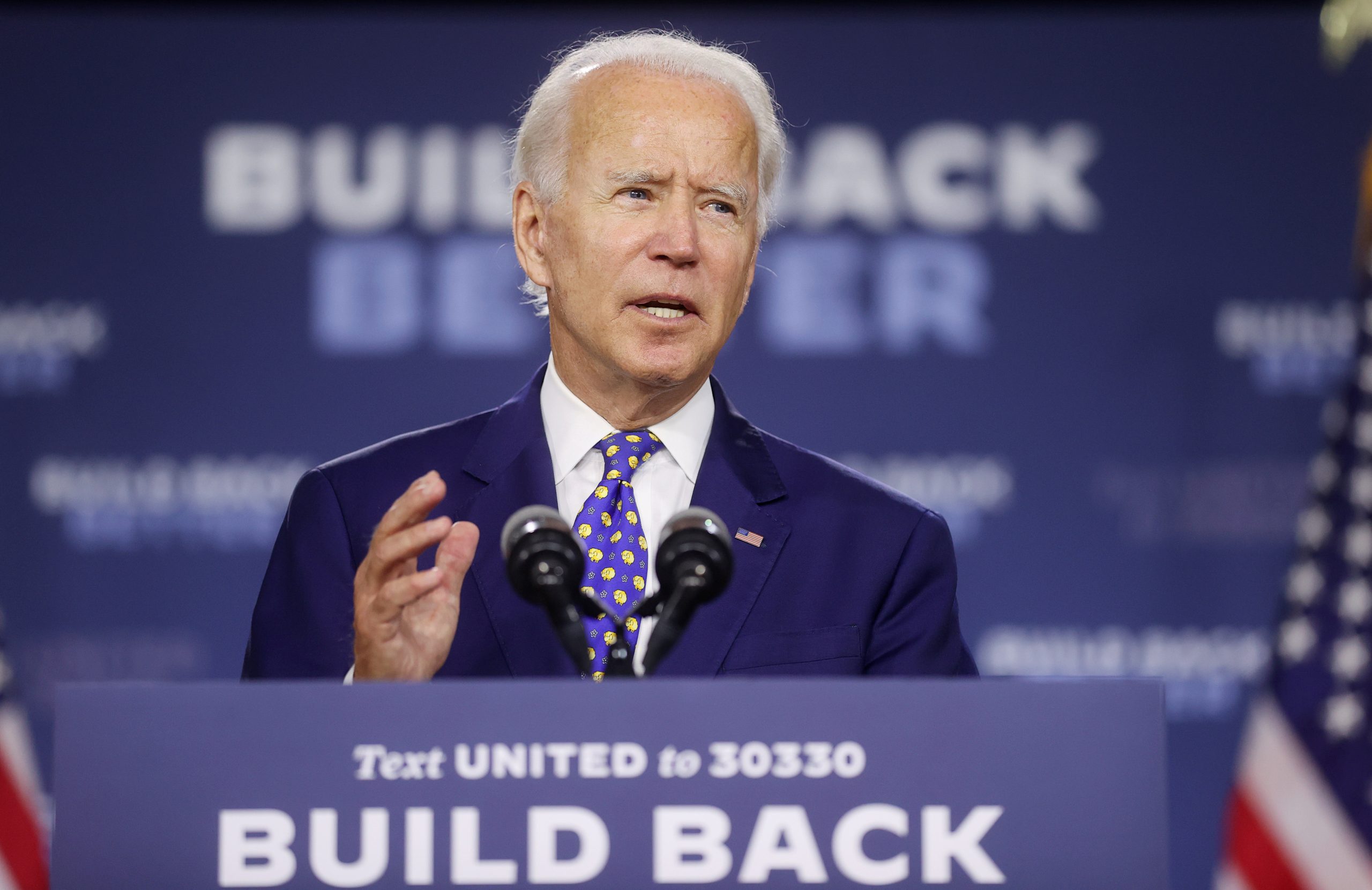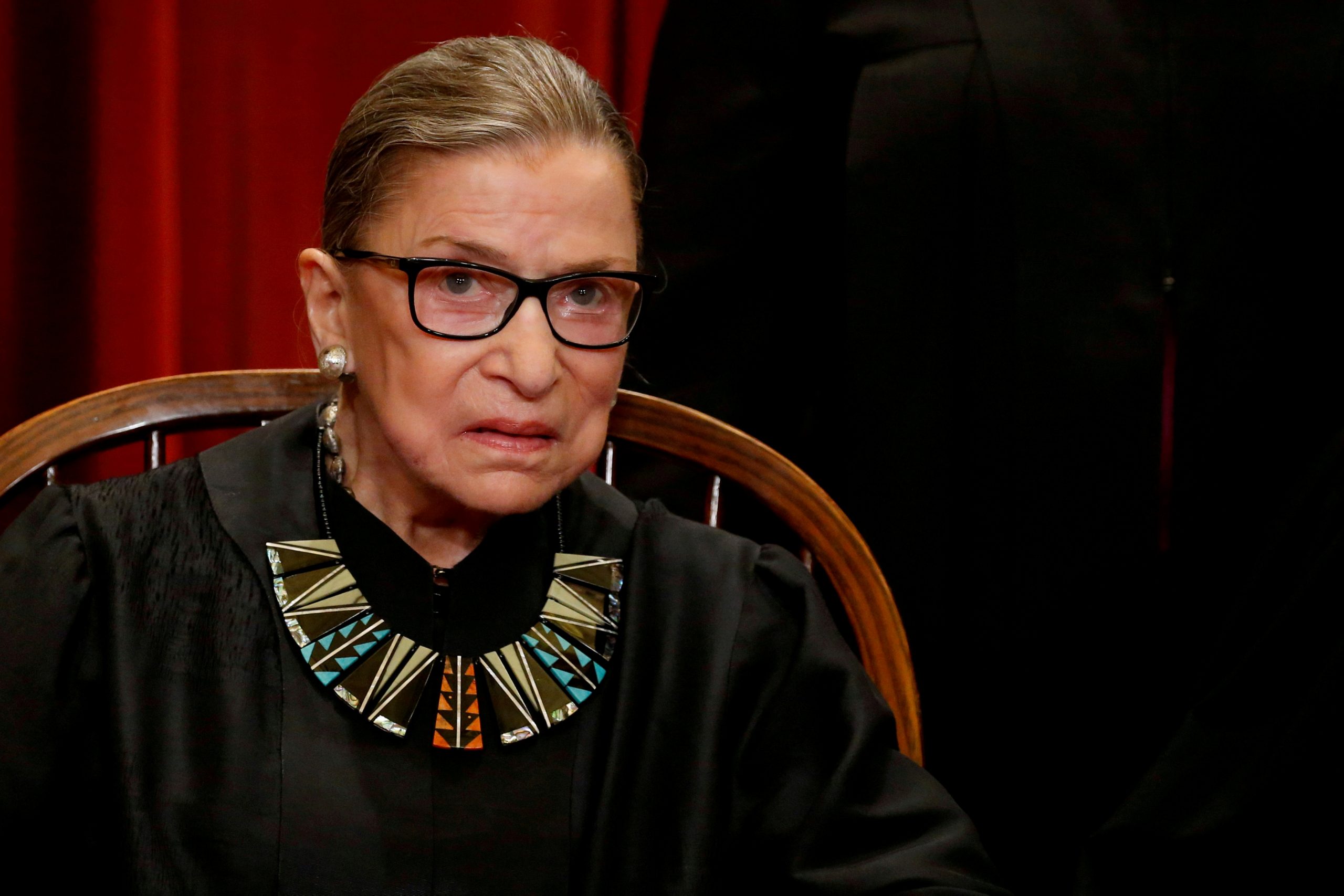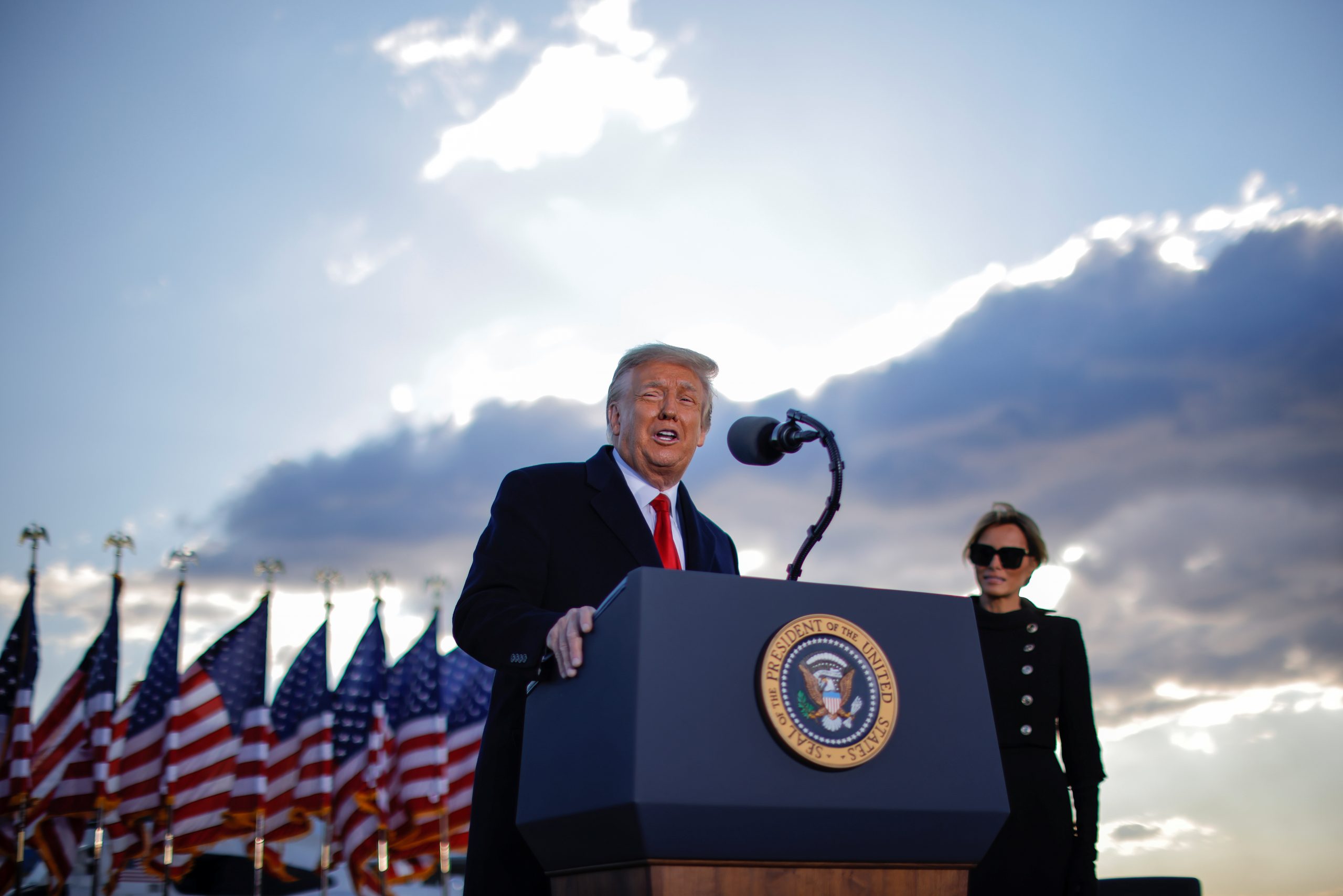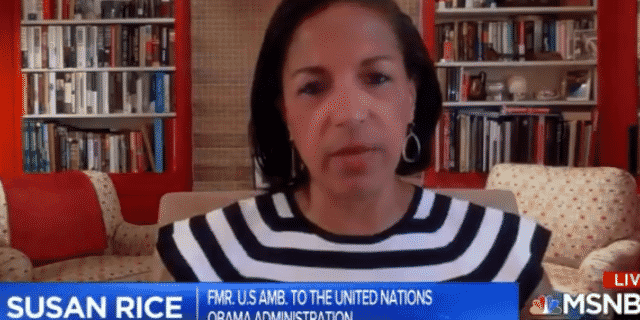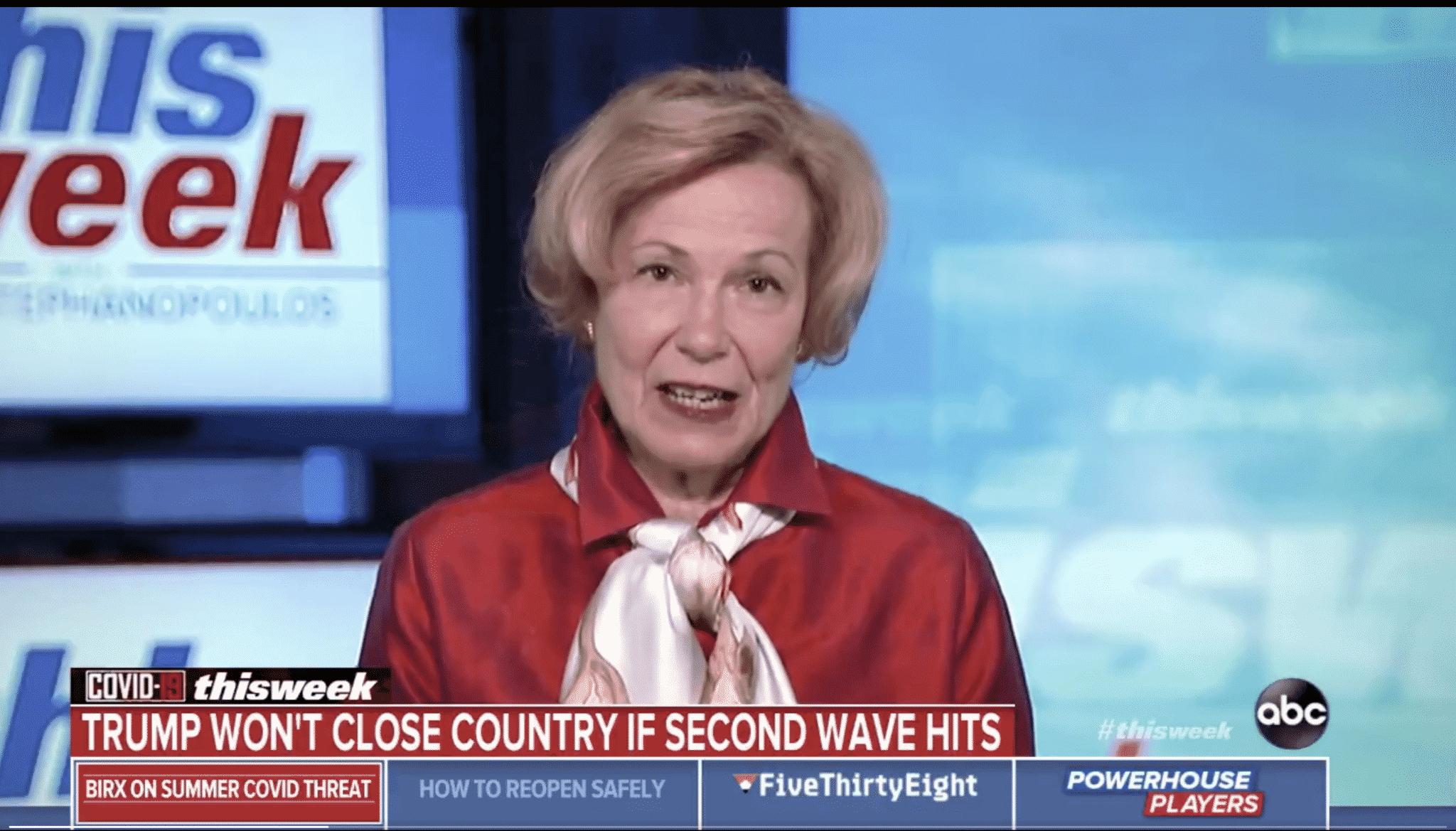Democratic U.S. presidential candidate Joe Biden is expected to announce his running mate ahead of his party’s national convention that kicks off on Aug. 17.
Biden has vowed to choose a woman as his potential vice president. Here are the contenders likely under consideration, according to people familiar with the process.
Senator Kamala Harris
Following widespread protests over racial injustice and police brutality, pressure increased on Biden to choose a woman of color. Harris, the daughter of Jamaican and Indian parents, fits the bill.
Harris, 55, is widely viewed as a favorite. She is a battle-tested former presidential candidate and ex-prosecutor who has shown an ability to go on the attack – a valued asset for a running mate. A first-term senator from California, she has already been heavily vetted by the media and rival campaigns.
Harris endorsed Biden after dropping out of the race. But her criticism during a Democratic primary debate of his opposition to school busing rankled some people close to Biden, who worry about her ambition and loyalty – and mounted a late-minute campaign to deny her the nomination.
Former national security adviser Susan Rice
Rice, 55, served as President Barack Obama’s national security adviser during his second term, where she worked hand in hand on foreign policy matters with Biden, who was Obama’s vice president.
Prior to that, Rice served as U.S. ambassador to the United Nations under Obama and has advised several other Democratic presidential candidates on national security.
A Black woman, Rice could help drive the African-American vote, the Democratic Party’s most loyal constituency. But she has never run for public office, which means she would be untested on the campaign trail.
Her involvement in the controversy over the 2012 attack on the U.S. mission in Benghazi, Libya, likely would make that incident a campaign issue. Trump aides also have signaled that they would accuse Rice of being part of a “deep state” conspiracy to surveil Trump campaign officials during the 2016 presidential election – allegations Rice has denied.
Representative Karen Bass
A late addition to Biden’s shortlist, Bass, a congresswoman from Southern California and chairwoman of the Congressional Black Caucus, would add a progressive voice to the ticket.
Bass, 66, has an extensive background in police reform efforts and has spearheaded the legislative response in the House of Representatives to the killing of George Floyd by police in May.
But concerns have been raised among Democrats about past remarks by Bass seemingly honoring Cuban dictator Fidel Castro – statements she has now disavowed – and her membership as a young activist in a group that supported the Cuban revolution. That could make a Biden-Bass ticket vulnerable in the key swing state of Florida, which has a large Cuban-American electorate.
Representative Val Demings
Biden has said Demings, 63, an African-American congresswoman from battleground Florida, is on the shortlist for running mate.
The former Orlando police chief served as one of the managers of the House’ impeachment proceedings against Republican President Donald Trump but has a lower profile among voters nationally.
Demings’ background in law enforcement and her relatively unvetted past as police chief could be viewed as risk factors to a Biden campaign that wants to appeal to progressive voters.
Senator Tammy Duckworth
Duckworth, 52, has a compelling personal story and would help bolster the campaign’s national security credentials.
The senator from Illinois is a combat veteran who lost her legs when her helicopter was shot down in Iraq in 2004. She went on to become the first woman with a disability and the first Thai-American elected to Congress. Duckworth, however, has not been on the forefront of civil justice issues like Harris, Bass and others on Biden’s list.
Atlanta Mayor Keisha Lance Bottoms
Bottoms, 50, is the first-term mayor of a city that has been riven by protests over Floyd’s death and the shooting of another Black man, Rayshard Brooks, by Atlanta police in June. Atlanta also has been a hot spot in the coronavirus pandemic, putting Bottoms on the front lines of the country’s two largest challenges of the moment.
While Bottoms was an early supporter of Biden, her lack of experience on the federal level may doom her chances. Biden, who would be the oldest U.S. president, has insisted his No. 2 be ready to assume the presidency at any time.
Senator Elizabeth Warren
Warren, 71, has spoken with Biden regularly since dropping out of the Democratic nominating race and endorsing him. The senator from Massachusetts is seen by Biden advisers as a bridge between the former vice president and people skeptical of his commitment to progressive policy priorities.
The selection of Warren, however, could fuel allegations by the Trump campaign that Biden favors an overly leftist agenda, while potentially alienating moderate voters in battleground states that Biden is cultivating.
Former Georgia state representative Stacey Abrams
Considered a political rock star in progressive circles, Abrams, 46, is best known for nearly defeating Republican Brian Kemp in the 2018 race for governor of Georgia, traditionally a Republican-leaning state. She was the first African-American woman in U.S. history to be a major party gubernatorial nominee. She also served as the top Democratic leader in the state House of Representatives.
Since her loss to Kemp, Abrams has become a national advocate for fair elections, establishing a group, Fair Fight, that combats voter-suppression efforts.
Because of her relative lack of experience on the executive and federal levels, Abrams has not been considered a top contender for the No. 2 slot.
New Mexico Governor Michelle Lujan Grisham
Lujan Grisham, 60, became the first Latina Democratic governor of a state in 2018, after serving six years in Congress. Biden’s campaign has been pushed by allies to consider a running mate who could boost his support among Latino voters, potentially the largest minority voting bloc in the November election.
Michigan Governor Gretchen Whitmer
Whitmer, 48, raised her profile as the governor of a battleground state hit hard by the coronavirus. But she came under fire earlier this year from some Michigan residents for a stay-at-home order that they viewed as too onerous.
(Reporting by Trevor Hunnicutt and James Oliphant; Editing by Colleen Jenkins, Peter Cooney and Nick Macfie)
